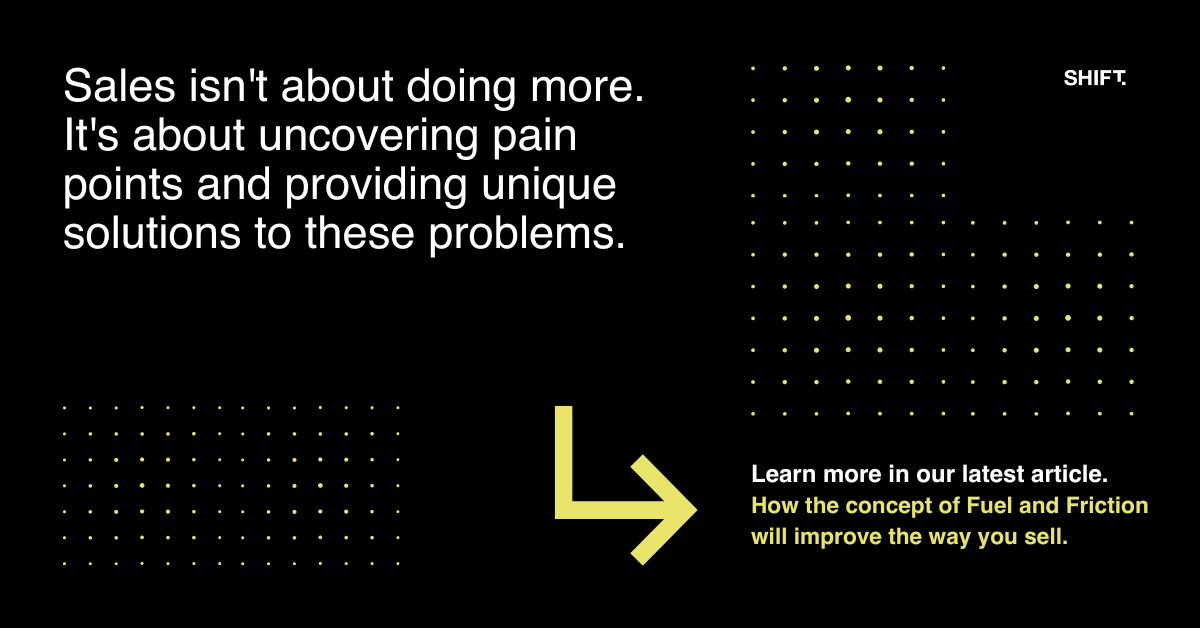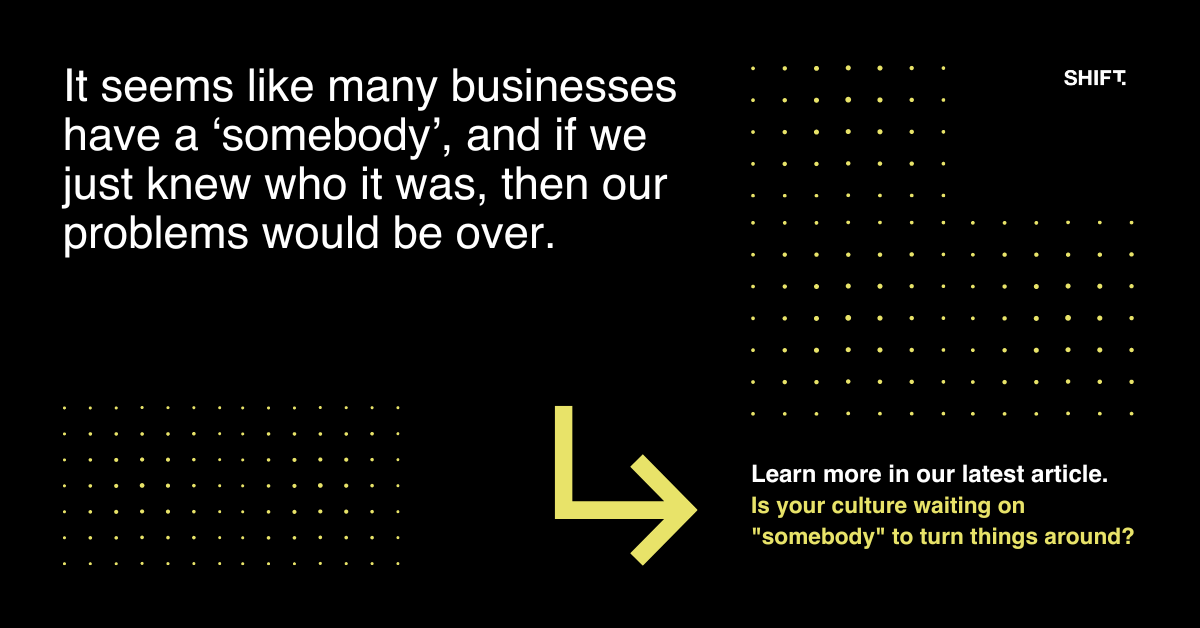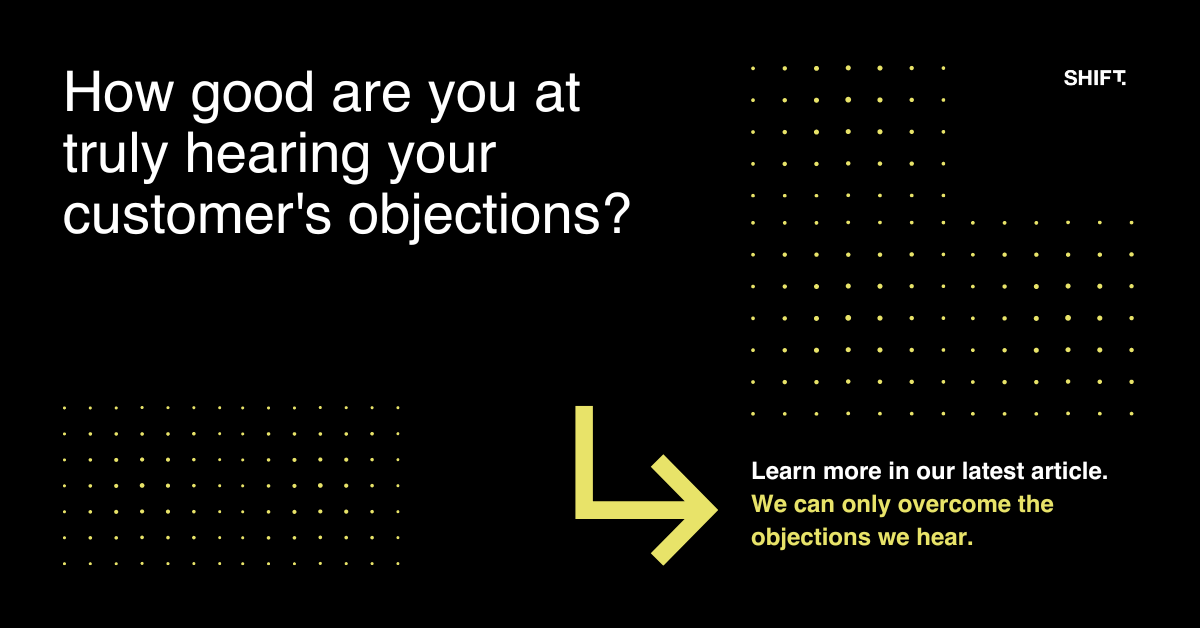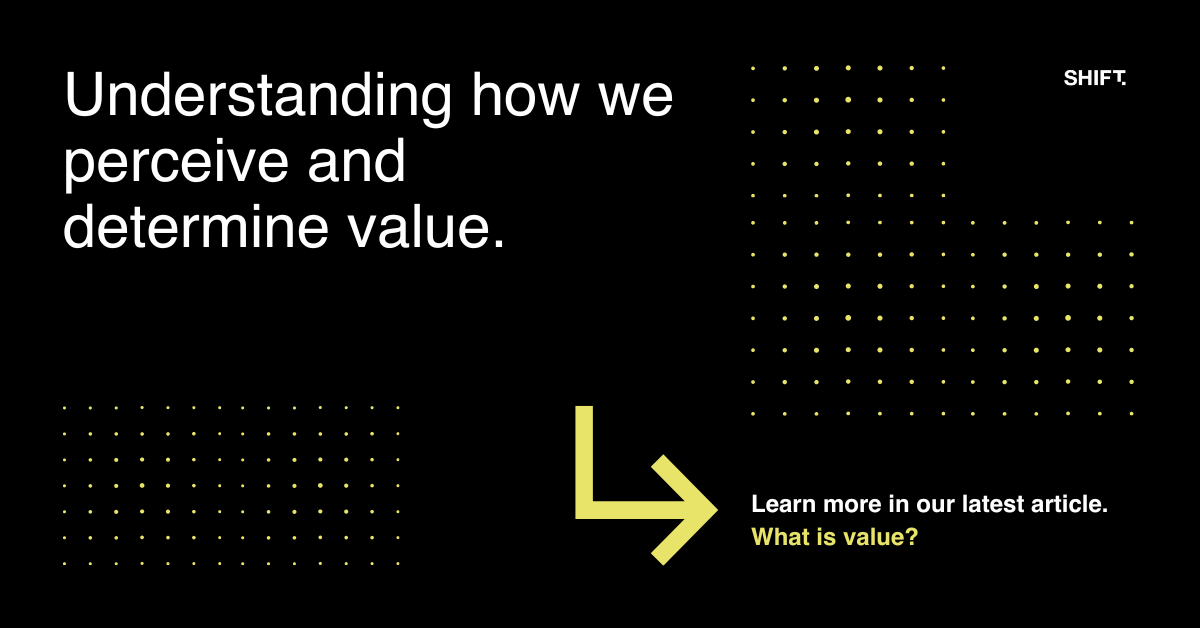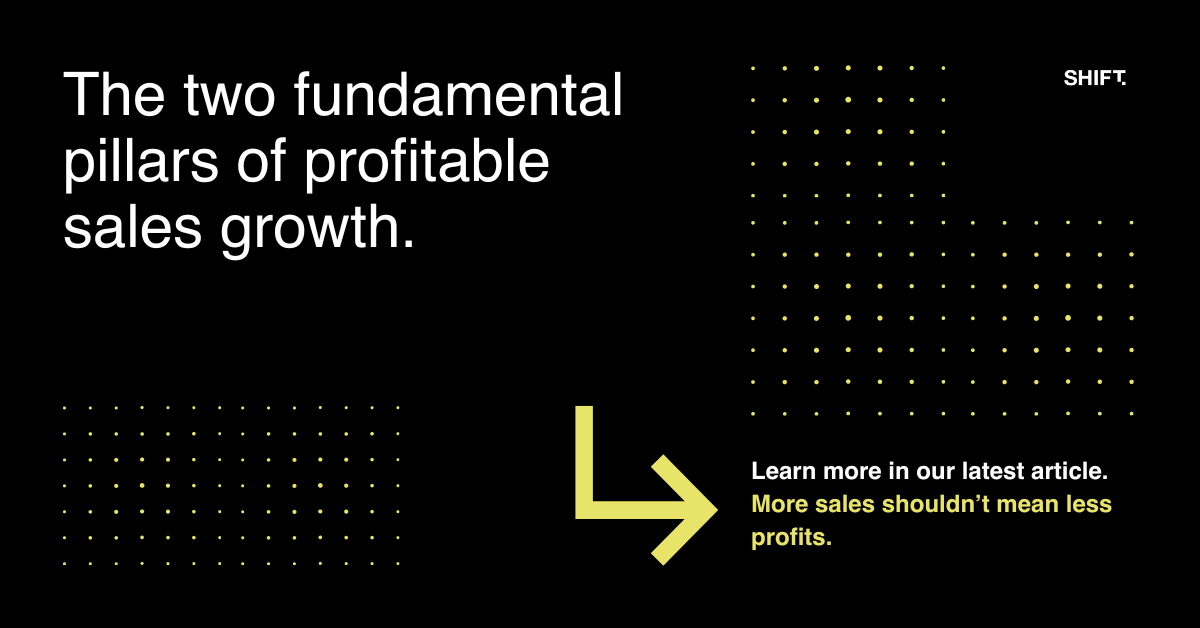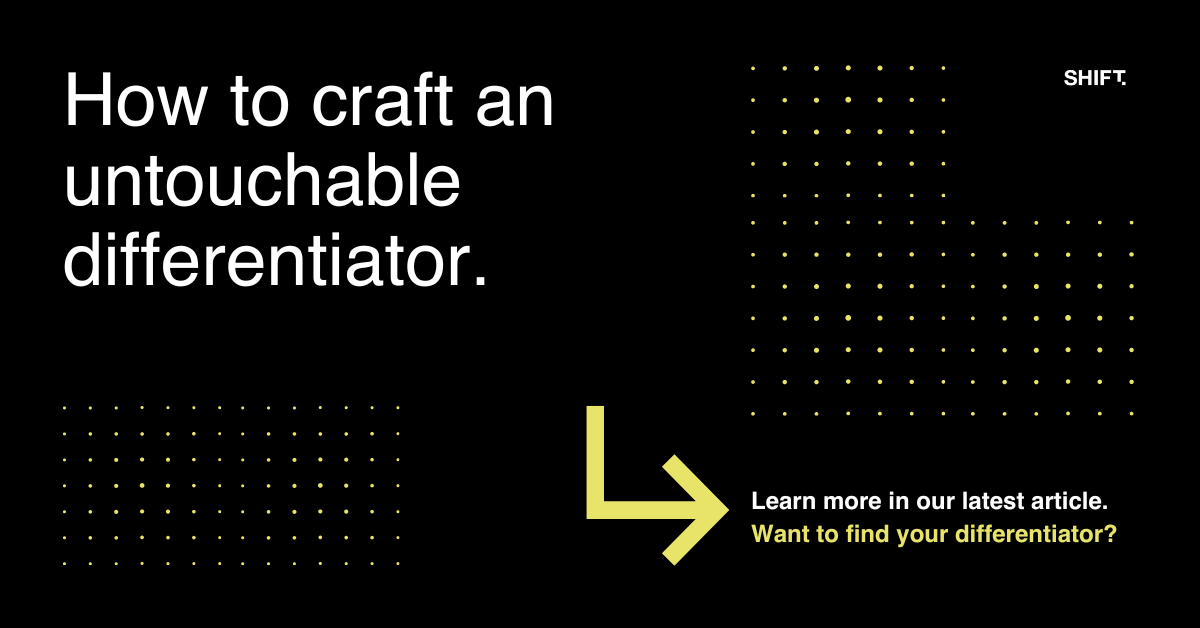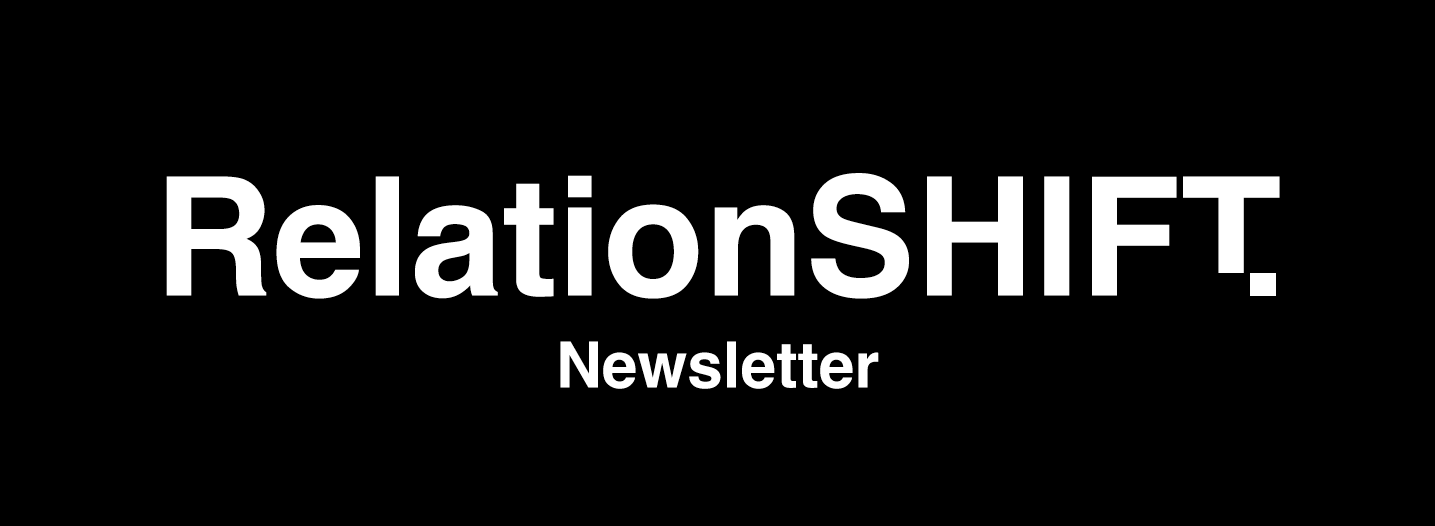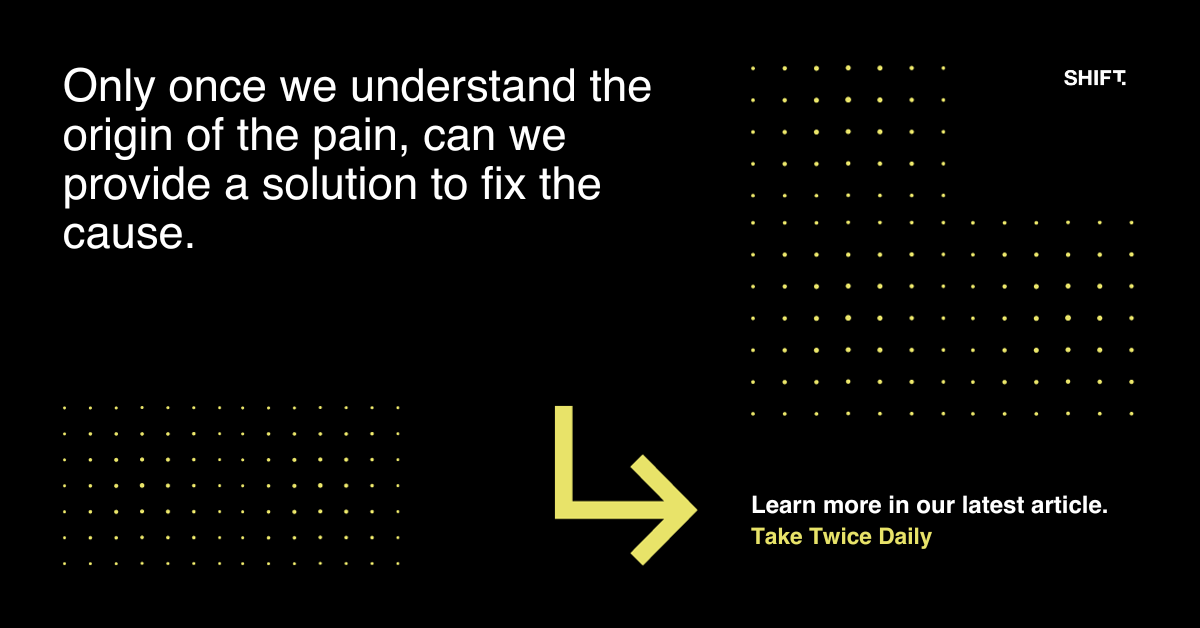Many times, I have found myself in discussions with salespeople in different businesses about what their differentiator is. That thing that will stand out from their competitors and when presented to the customer, will elicit a response something like, “Oh wow, that is fantastic, here have all of my business”.
What they are looking for is a ‘silver bullet’, the one thing their competitors don’t have that they can sell to the customer. They are looking for a hook. The reality is that most businesses have competition with many of the same or similar products and services on offer and if they do have something truly unique, then it won’t be long before a competitor also has a similar offer.
There is a fundamental flaw in the way salespeople and businesses look for their differentiators. To look for it only in products or services will require continued investment in development that will not be sustainable. Why? Because the minute the competition is perceived to be catching up, you then have to launch new things to keep ahead of the rest. Of course, there is a place to innovate and find new ways to add value to your customer. However, this is just one part of your differentiation.
In workshops, when we do the exercise of “Why do our customers buy off us?” always one of the responses is ‘Our People’. This is a great start to understanding your real differentiator. If most of what you offer is also being offered by some or all of your competitors, then the differentiator has to be you. But you can’t just go to the customer and say, “Buy off me cos’ I am different and better than everybody else” and expect a great conversion rate.
All of your products and services provide solutions to your customers' pain points, needs and wants however, it is different for every customer so the differentiator is then how you connect them together where the customer can see the value.
First, you have to believe why you do what you do and what you are selling. Ask yourself, “are the things we do for our customers of value to them and why?” If you can articulate why and believe this, then you are well on your way.
Secondly, it is about understanding the customer. Finding out about their business, their values, and their pain points. You do this by asking ‘customer-centred’ questions. Those questions take you on a path of a deeper understanding of the customer. Most salespeople however ask ‘me-centred’ questions, which, to the customer make you sound no different than every other salesperson.
You then listen effectively to the things the customer is saying and drill down on this until you find the customer's pain points.
Lastly, you tell the story that connects the customers' pain and your solution(s) that solves their problem.
All of these, put together, show genuine empathy, a key to building trust, and a need to understand the customer so that you can offer something to them that is going to be of value to them. In this way, it becomes unique to them. And this is what they will pay for.
This is your true differentiator. You!
If the customer does not see the value for themselves, then it is just noise.
If you want to know more about ‘you as the differentiator’ then read my book, “The Art of Relationship Selling”. You can also enrol in my online self-paced training (learn below) at Both will help you on your journey.
Happy selling,
Andrew Nisbet
